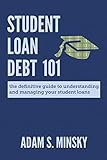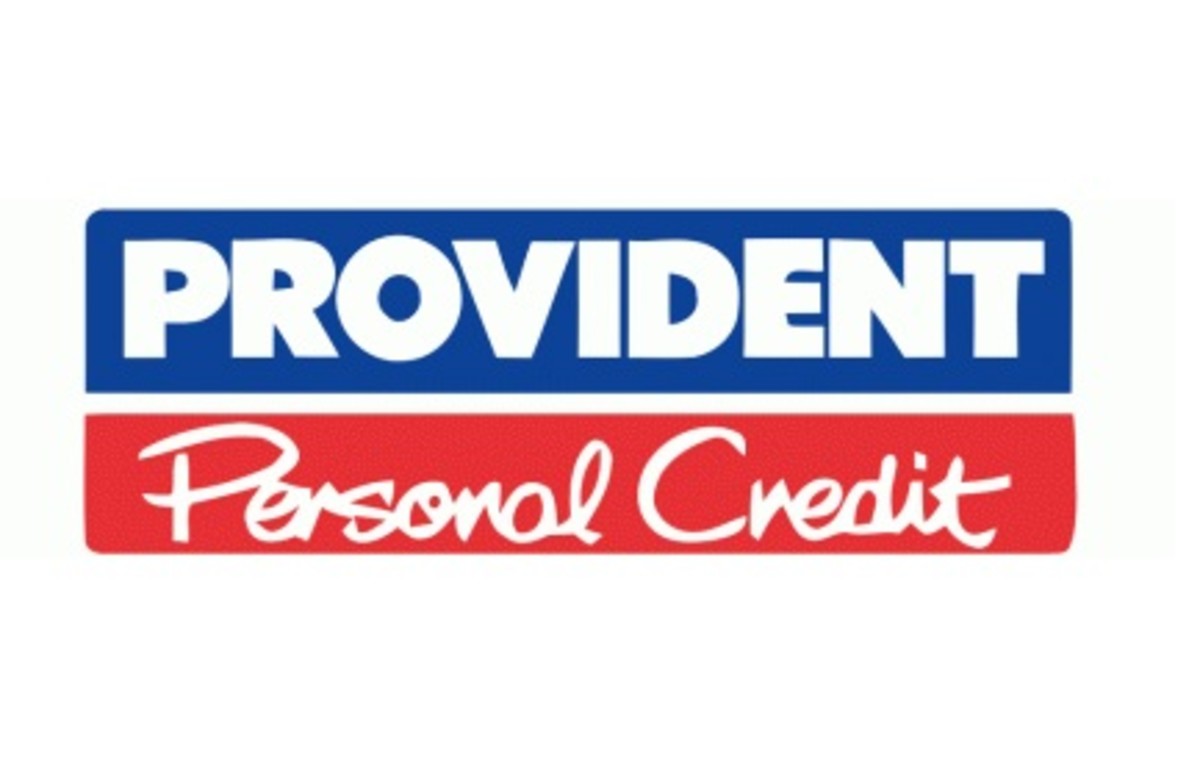Taxes, Student Loan Forgiveness, and Bankruptcy
If a student is not careful, they can destroy their financial life and even mess up their Social Security all before the age of twenty. Student loans are a necessary evil for many young people. Learning the rules increases your chances that your student loans will become a wise investment in your future rather than an albatross for life.
Taxes are not the first thought when applying for a student loan. However, student loans have tax implications. Discharging a student loan in bankruptcy, while not technically impossible, is nearly impossible for all practical purposes. Getting your student loan reduced also injects complications.
I will outline the issues and possible solutions for these three areas affecting student loans. Careful consideration is required even when accepting student loan forgiveness.
College Student

Student Loan Forgiveness
It is easier to get a student loan reduced or forgiven than to get the loan discharged in bankruptcy. Many lenders and even the federal government have programs to keep students current on their loan. Outright loan forgiveness provides the largest benefit. In other cases, loans are reduced and placed on a payment plan that is affordable.
Not every gift is created equal. Most debt forgiveness is called cancellation of debt by the IRS and is includable in income. The consequences are serious. As an example: If you receive $40,000 of student loan forgiveness, you no longer owe the money on the loan, but must include $40,000 in your income. Since tax debts are also difficult to discharge in bankruptcy, you need to consider your personal tax situation before jumping at whatever the bank throws your way. It is also a good idea to have a tax professional review any student loan modifications you undertake.
Not all student loan forgiveness is considered cancellation of debt by the IRS. The federal government will cancel all or part of your student loans if you:
- Practice or teach medicine in certain rural areas,
- Join the military, or
- Perform certain volunteer work.
Opportunities also exist for student loan forgiveness in law enforcement, nursing, and teaching.
Student loan forgiveness as part of any of these programs is not considered cancellation of debt by the IRS, eliminating one area of concern and additional expense.
Student Loans in Bankruptcy
Prior to 1999, student loans were dischargeable in bankruptcy once the loan was in pay status for seven years. This is no longer true. No provisions are provided in the bankruptcy code for the discharge of student loans with the exception of undue hardship. Proving hardship is difficult. Undue hardship requires proof that payment of the student loans would make it impossible for you to provide a minimum standard to you and your dependents. To make matters worse, even private student loans are no longer dischargeable in bankruptcy from 2005 forward.
School closures and fraud can render a student loan unenforceable. You can also use chapter 13 bankruptcies to set up a payment plan on student loans.
Student Loan Protections
With all the bad news about student loans, there are some protections in place. Garnishments against wages are limited to 10% of take home pay. Payment plans ordered by the court are binding on the lender, even if the loan payments extend beyond the original payment period. Loans can be consolidated and lenders are free to charge-off some of the debt owed.
Avoiding Student Loans
Student loans are only one source of college funding. Grants, scholarships, savings, and other lending sources may provide advantages over the student loan. Some loans outside student loans can be discharged in bankruptcy without the IRS cancellation of debt issue.
Student loans are too easy to get into when scholarships offer a better way to build an education. Scholarships have tax advantages and never require repayment. Scholarships take work and the banks do not push them because they don’t make money on them. Grants are also a consideration.
Savings, current wages, and lending against a home, auto, or other assets may work to your advantage. Current tax law allows a larger deduction on mortgage interest that student loan interest in many cases.
Consider all the consequences of a student loan before you sign the loan documents. Your alternatives dry up significantly once the loan is signed.









